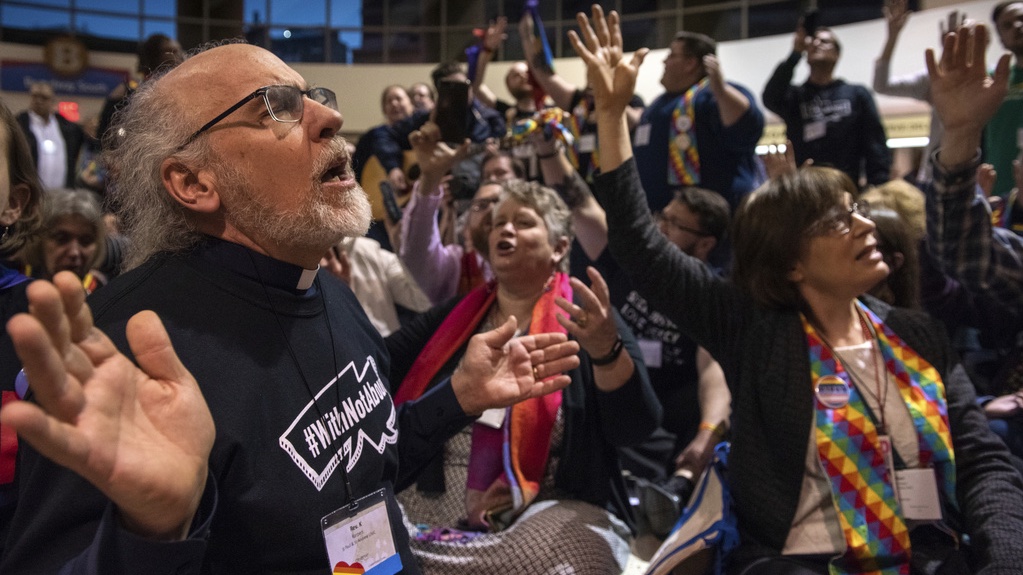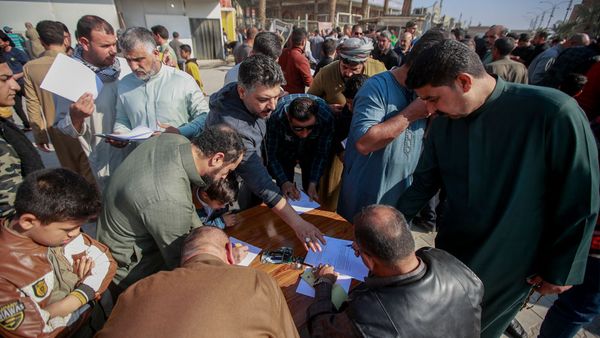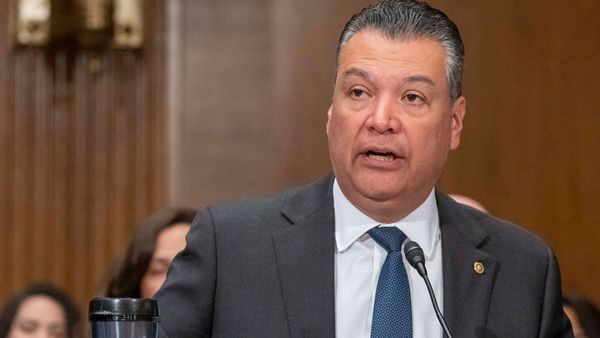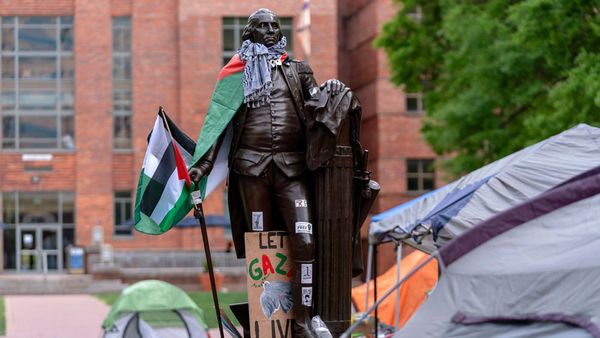December 26, 2012
No charges in '04 Transgender Homicide
Chris Sosa READ TIME: 3 MIN.
Police arrested two men in the 2004 death of a transgender San Francisco woman, but it appears the district attorney's office has never filed charges against the former suspects in the case.
Tony "Delicious" Green, 45, was found dead August 13, 2004 on the floor of a Third Street motel room in San Francisco's Bayview district. (Green's friends also spelled her name Toni.)
According to the medical examiner's office, the cause of death was asphyxia due to her nose and mouth being obstructed, apparently by duct tape, while she was restrained. Her hands were behind her back, and impressions resembling ligature marks were around her wrists. Blunt trauma and the presence of cocaine are listed as other "significant" conditions.
In 2005, police arrested Earl Wright and Terence Hall, who allegedly spent two days with Green prior to her death, but both were later released. San Francisco Superior Court and California Department of Corrections and Rehabilitation records indicate neither man has been charged in the killing.
Asked recently about the case, John Cleary, one of the homicide inspectors who has examined Green's death, noted Wright and Hall's arrests, and indicated the investigation is no longer active.
"It's in the hands of the district attorney's office," Cleary said.
Not long after the arrests, Linda Porter, Green's sister, discussed Wright with the Bay Area Reporter.
"I see him on the street," Porter said in a November 2006 B.A.R. story, referring to Wright driving around the neighborhood. "I just keep going. It's real hard."
Contact information for Wright, Hall, and Porter couldn't be found in a recent search.
According to the B.A.R. story, by November 2005, authorities had fingerprints, DNA evidence, and a motel video showing the suspects entering and exiting Green's room, but there was not enough probable cause for the district attorney to prosecute the case.
A relative's friend may have had information about the case. But that person refused to come forward, Porter said.
"She's scared for her life," Porter said. "She would sit down and tell me everything, but not to the inspectors. It just shows how intimidating these guys are."
Witnesses testifying in court that a suspect admitted a crime "would only show a propensity," homicide Inspector Mike Mahoney said in the story. "We need specifics."
Witnesses fear being "stigmatized and ostracized in their community, by cooperating with law enforcement," then-District Attorney Kamala Harris said in 2006, speaking in general about witnesses who do not come forward. She called the no-snitch attitude and witness intimidation, "a huge handicap in prosecuting crimes." A heightened response requires making those coming forward to testify about wrongdoing, "recognized as heroes," Harris said.
For a jury to convict someone, to believe beyond a reasonable doubt the suspect's guilt, they want to hear, "I saw it, I heard it, I was told," Debbie Mesloh, a former spokeswoman for DA's office, told the B.A.R. in that 2006 article. "You only get one shot at the apple."
"One of the two was more involved than the other," said Mahoney of the suspects. "If someone wants to tell the whole story, including their own involvement," that might be enough probable cause evidence to prosecute. "They haven't done that yet."
Cleary said this month that anyone with information in the case is welcome to contact police (see box).





